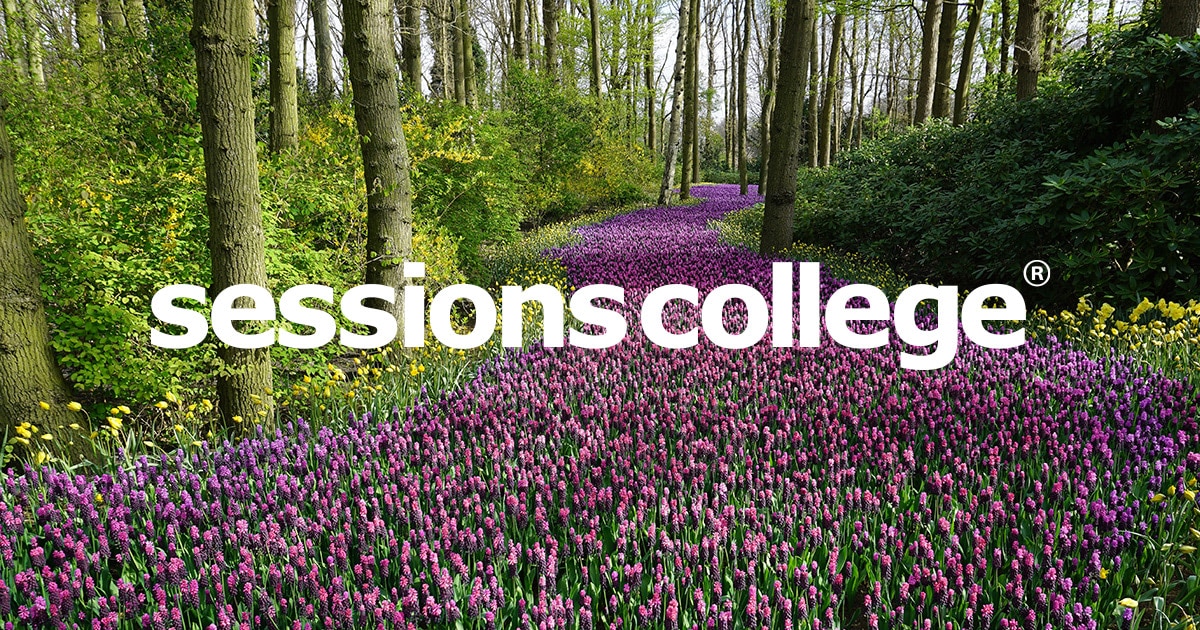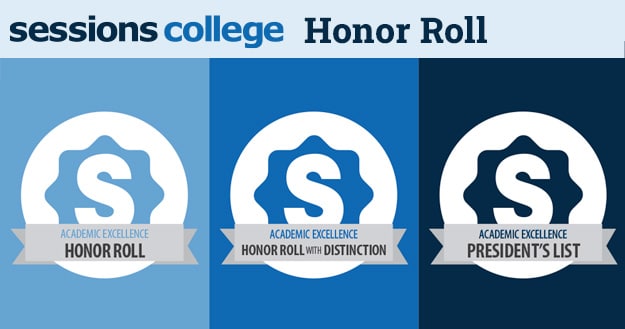New Tools for the Digital Media Future

With 20 years of work experience in Creative Direction, Project Management, and Higher Education, Natalie La Scala is currently focused on Instructional Design and Curriculum Development as well as Software Training and Instruction. Her passion is to create dynamic content that people can put to use. Some recent clients include Z1CareerZone, Engage, LLC, and the Performing Arts Academy.
Q: How has employment in your industry changed in the past 3-5 years?
In digital media, we are seeing an increase in freelance and self-employed individuals replacing salaried employees. The trends in software with the shift from AVID and Final Cut pro to Adobe Creative Cloud has created a demand for digitally savvy employees who can easily learn and adapt to changing digital software and hardware trends.
Companies are looking for talent that can fill multiple roles and possess a flexible skill set that crosses over between disciplines. Blended skills positions are on the rise, and positions that require singular or specialized knowledge are on the decline. For example, the rising need to fill positions like Digital Media Specialist require basic to novice skill and knowledge of media production from conception to completion while full-time positions for strictly Video Editors or Cinematographers are on the decline. (Union jobs being the exception.)
Most entry candidates are desired to have a basic understanding of social media platforms and digital marketing trends.
Q: What type(s) of companies are hiring? And why?
Larger corporations tend to hire salary positions with benefits. These positions still lean toward specialty skills but give preference to the candidate who can cross over into other areas and grow within the company. Agencies tend to hire both salaried and longer contract freelance positions. Small studios tend to hire fewer full-time positions and heavily rely on project based freelance hires. These freelance positions tend to hire for a specific skill set to compliment the core team of production.
In today’s economy, overhead is cumbersome. Rent and health care cost have soared. It is becoming increasingly difficult for larger companies to attract and retain employees without heavily investing in benefits packages, growth channels, and a flexible work culture. Larger agencies tend to benefit from full time or long-term freelance employees that can work within the standards of that agency’s look and quality control. They have the necessary resources available to carry extensive overhead.
Keeping full-time employees afloat with consistent salary pay and guaranteed benefits has become difficult to unattainable for medium to small companies. Smaller companies benefit by hiring different freelancers to keep their creative look diverse by supporting the influx of a fresh yet temporary talent per project. This allows them to expand their client base as they can cater to a variety of needs and styles. This also alleviates the commitment to carry overhead heavy enough to sink a company.
Q: What software or technical skills should a new hire be fluent in for your industry?
They should be fluent in Photoshop, Illustrator, Premiere, Prelude, Media Encoder, and Audition (ProTools is a nice bonus). Important skills are basic cinematography, audio recording, and basic script writing, producing, and directing.
Employers will also value skills in color, After Effects, InDesign, Story Basic, Dreamweaver, Lightroom, Muse, Avid, and FCP. Design fundamentals such as composition, color theory, 123 shot patterns, a command of basic 3 act script structure, logo and branding, and typography, are sought after.

Q: What level of education do you consider a minimum for entry-level employees in your industry? And why?
An Associates degree is a minimum. This industry is all about hustle. Strong work ethic and a good attitude can get you in the door when skills and experience are less developed. A general understanding added to passion and drive can start an entry level employee on their path to a career in the field.
Q: What advice do you have for an entry-level job applicant regarding the job search and interview process?
Know who you are and create a clear personal brand. Be aware of your strengths and weaknesses. Less is more, and quality stands out more than quantity. Research companies that align with your personal and professional career goals. Don’t look for a job, look for a stepping stone in your career path. Don’t undervalue yourself, you have more value than just your skills if you can work hard and bring 100% of yourself to a team. Be honest, be confident, and have a good attitude. Don’t give up.
Q: What projects should new hires in your industry have experience in creating?
Media pieces that demonstrate the ability to tell a clear and concise message or story, the ability to think and solve problems creatively, the ability to translate skills into marketable media, and the ability to cross multiple media platforms. Portfolio work demonstrating the ability to self-direct as well as work on a team. The artist should be responsible for all major work demonstrated in the portfolio. In my field pieces like short videos, logos and graphic design, and storyboards or conceptual development pieces, are most effective.
Q: What professional skills, attitudes, and behaviors do you consider important?
Clear written and verbal communication is key. Also the ability to work on a team or be self-directed. The ability to learn new things. The ability to work hard, focus, and have a good attitude under pressure. The ability to receive and act upon constructive criticism. The truth is, employers are looking for people who are easy and rewarding to work with over talent and skill at an entry level.
Q: Does a graduate need to present a portfolio?
Yes, an online portfolio works best as it is easy to access and demonstrates the ability to deliver media in an online world. It is the first impression and determines whether or not I will call a person in for an in-person interview. It also demonstrates the ability to create content and a personal brand that stands on its own.
Q: What types of portfolio projects do you expect to see?
As I mentioned before, less is more, and quality beats quantity. Projects should demonstrate skills in their intended field, in my case videos that were produced, shot, edited, and delivered by the candidate applying. Any additional skills like sound design or motion graphics, graphic design, and web or social media projects are appreciated. Videos should include something marketable like an instructional or corporate/non-profit video, something creative like an ad or music video, or a passion project that shows heart and soul. Anything made from mediums not associated with digital media should be excluded.
Q: What advice do you have for an entry-level employee regarding starting and maintaining a new job?
You will know in the first three months if a job is the right fit for you. We all have to make sacrifices for opportunity, but don’t settle for substandard. Make sure you are able to grow either within your position or use this position to get to your “next” goal. There is always something beneficial about every situation. Keep the big picture in mind and grow your network. Never stop learning. Be constructively critical of yourself. Know your strengths, weakness, and limits. Most importantly, set goals and assess how you are continuing to work towards them.
Develop a clear and concise personal brand. Show consistency, attention to detail, and transparency. Set goals and make sure to stay true to yourself and the direction you wish to head. Don’t try to please everyone. Be genuine.
Visit sessions.edu for more information on applying for degree and certificate programs in digital media. The Sessions College Advisory board is a veteran group of design industry educators and hiring managers. In an annual series of meetings and interviews, our Advisory Board conducts a workplace assessment and program review to ensure our programs keep adapting to changes in the market.

Sessions Staff is a restless soul who loves to share relevant news and design industry information with current and prospective students. Read more articles by Sessions Staff.
RECENTLY ON CAMPUS

























 What Photoshop’s new AI Tools Mean for the Creative Community
What Photoshop’s new AI Tools Mean for the Creative Community
 Gaining Confidence and Working with Clients
Gaining Confidence and Working with Clients Exploring the Artistry of Filmmaking
Exploring the Artistry of Filmmaking